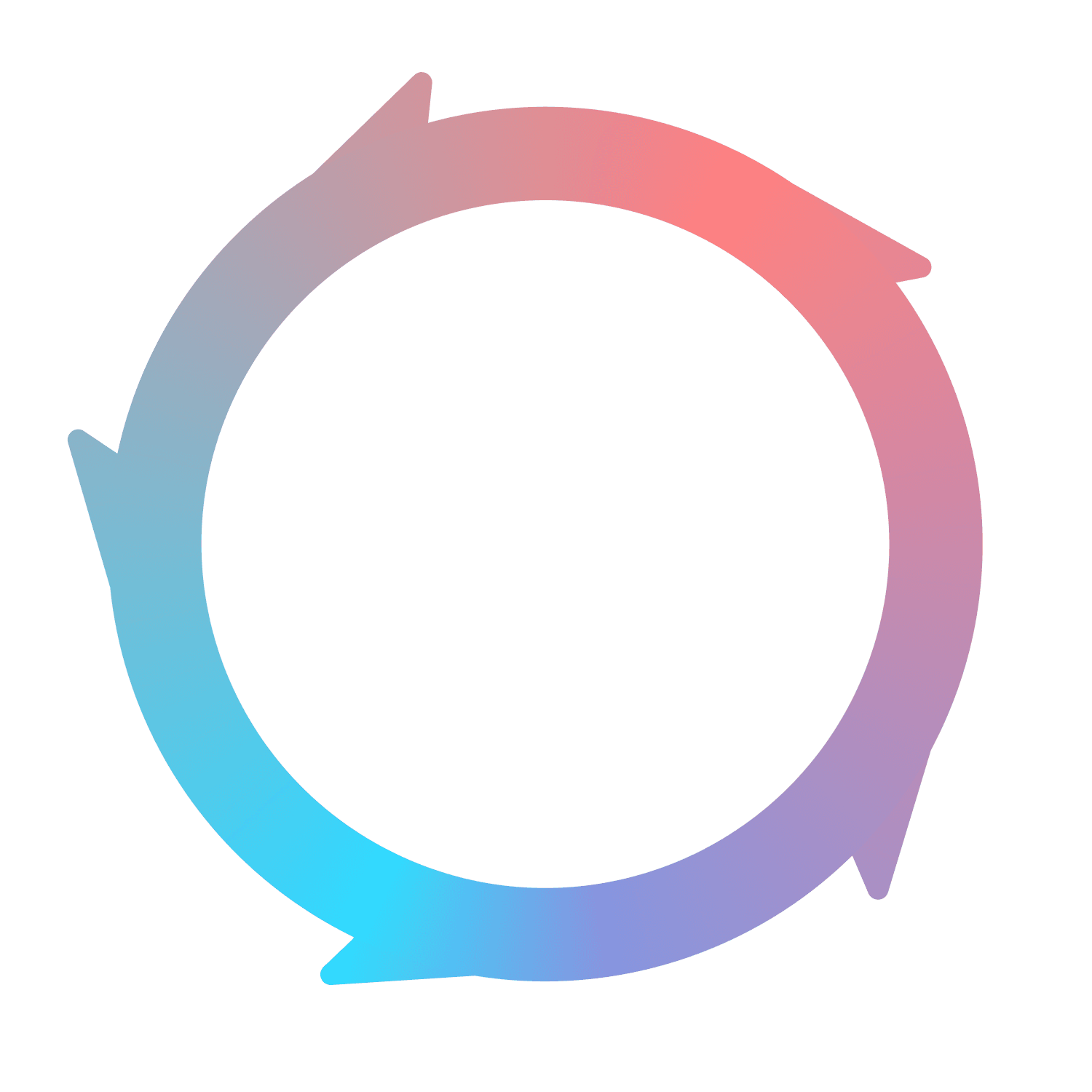Deep dive: Flywheel vs Amplitude
Flywheel and Amplitude are both platforms that help companies analyze user behavior and surface insights.
Amplitude is heavily focused on product managers and data analysts, helping companies iterate on and test features more quickly. Companies looking to dive incredibly deep into product analytics will find Amplitude to be one of the best options. Additionally, Amplitude offers low-code A / B testing for product features.
In comparison, Flywheel is an all-in-one growth platform that unites product and marketing analytics with website personalization, user engagement, and session replays. This helps companies grow more quickly by converting users with personalized experiences.
How is Flywheel different from Amplitude?
It's an all-in-one platform
While Amplitude is a market leader in product analytics and also offers session replays, it does not offer website personalization or user engagement. As a result, there is no ability to take direct actions from Amplitude. Plus, Flywheel offers alerting functionality for sales and customer success teams. This helps companies go beyond insights and towards real user impact.
Built for go-to-market teams
Flywheel combines multiple product categories in unique ways for each team, all focused on a no-code approach to modern GTM. For example, Product teams leverage product analytics and session replay to understand user behavior, while Customer Success teams use account scoring and auto-detection of Champions and Power Users. Marketing teams use website personalization backed by marketing analytics, and so on.
Designed for immediate value
Whether it's auto-tracking events via Flywheel.js, instant asset creation, or segmenting users intelligently, Flywheel does almost all of the work for you. All you need to do is choose marketing goals, decide which features to monitor, and create user experiences you think will move the needle.
Flywheel vs Amplitude: feature comparison
Features
Flywheel
Amplitude Analytics
Flywheel strengths
Flywheel makes it easy to get to know your platform's popular features. It gives you a clear look at how users engage with each feature, with handy graphs showing click trends. Dive into session recordings to check out impressions, conversion rates, and how well you're hitting goals. On top of that, Flywheel is all about team collaboration, making it simple to chat about features and brainstorm improvements. It's all about making informed decisions together. With Flywheel, you're not just understanding user engagement better, you're also boosting it, moving towards a more user-friendly platform.
Engagements, one of Flywheel's newest products, is the first engagement platform that relies on a combination of both marketing and product events. This exciting feature will allow users to seamlessly show messages directly onto their web surfaces, driving more engagement with their own user base.
Amplitude strengths
Amplitude’s dashboard customizations allow owners or co-owners to tailor and refine their dashboards as needed. This functionality empowers users to integrate additional charts or cohorts, elevating the dashboard's role as a trusted information source within the organization. In contrast, Flywheel takes a prescriptive approach and has default dashboards. This decision reflects Flywheel's core focus on prioritizing intentionality over building a fully open-ended platform.
Amplitude's experimentation feature allows for seamless testing in-product, leveraging integrated product data. Users can create and test metrics without the need for analyst support. However, it's important to note that this feature is not included in the core product analytics platform and comes at an additional cost. Flywheel's alternative is Personalization, allowing users to change website and product content based on the reader.
Flywheel vs Amplitude: Pricing
Unfortunately, Amplitude's pricing model is not transparent, requiring you to reach out to their sales team to initiate discussions and negotiate a pricing structure tailored to your usage. In contrast, Flywheel offers a straightforward and upfront pricing approach.
Flywheel pricing is primarily determined by the number of monthly active contacts (MACs) feature usage thresholds. However, no feature is locked from the Free plan. The entry-level plan is free for up to 1,000 users, providing access to essential PLG data. For products exceeding 1,000 MAUs or seeking more advanced capabilities, such as 10 milestones, 10 segments, and 10 goals, the cost is $200 per month. If you require unlimited analysis of milestones, segments, and goals, along with additional growth-focused features, the price starts at $500 per month. Flywheel's transparent pricing structure ensures clarity and simplicity when choosing the plan that best suits your needs.
Amplitude does have a generous free plan as well, offering up to 10 million tracked events for free. Most of their unique functionality, however, is available only after discussing with their sales team.





